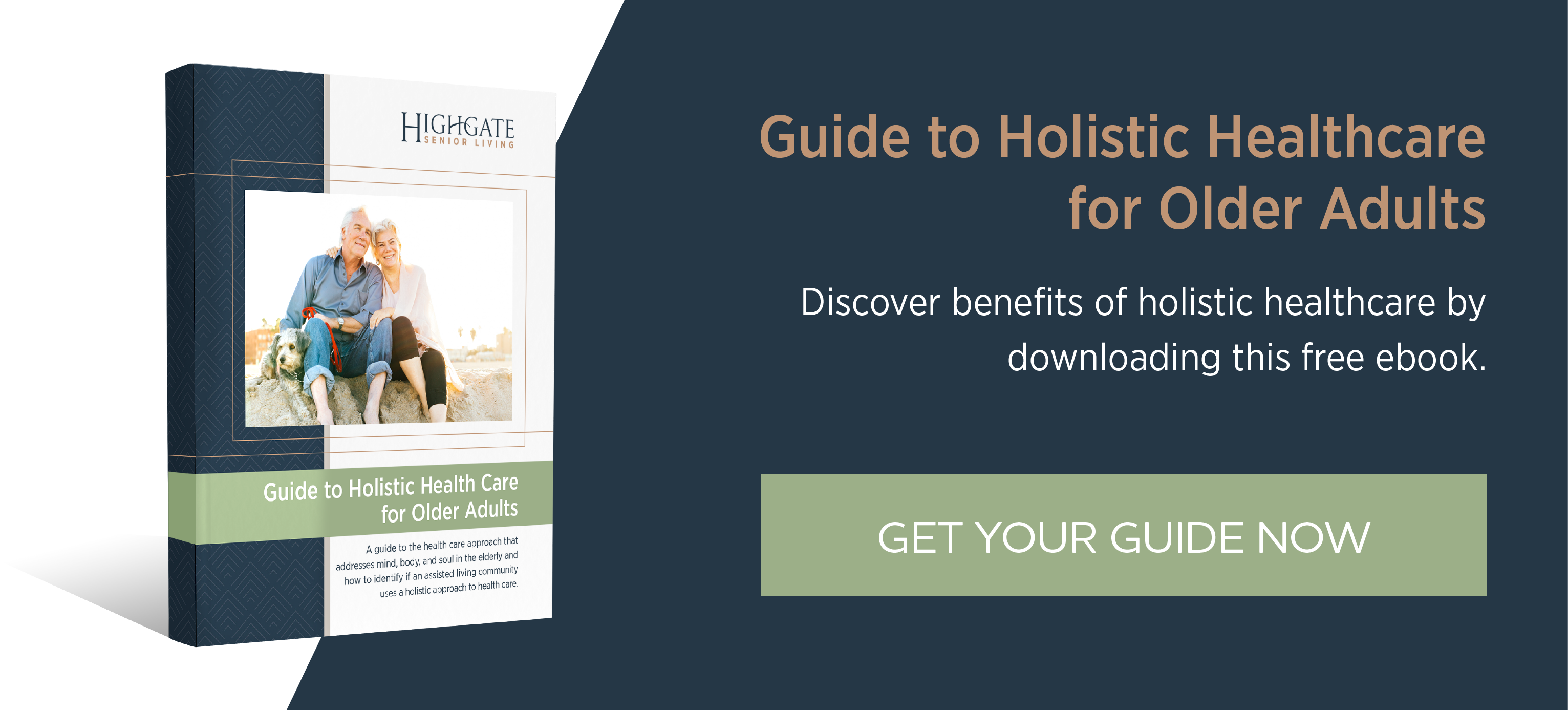Having strong social ties – through friends, family and community groups – feeds the brain as well as the soul. Conversely, social isolation may be an important risk factor for cognitive decline in the older adult, according to a study that appeared in The American Journal of Public Health.
Researchers at the Harvard School of Public Health used data gathered from a large, nationally representative population of American adults ages 50 and older to test this theory. Participants took memory tests at two-year internals during the study period.
Testers read a list of 10 common nouns to survey respondents, who were then asked to recall as many words as possible immediately and again after a five-minute delay. The researchers also measured social integration based on marital status, volunteer activities, and contact with parents, children and neighbors.
The results showed that individuals who in their 50s and 60s engaged in a lot of social activity also had the slowest rate of memory decline. In fact, compared to those were the least socially active, study subjects who had the highest social integration scores had less than half the rate of memory loss. “The working hypothesis is that social engagement is what makes you mentally engaged,” said Lisa R. Berkman, the study’s senior author.
The data is particularly important for those caring for aging family members. Simply visiting and giving support to an older family member does not make them socially engaged. “A lot of people, when they think about the elderly, focus on social support – things like what can I do for an older mother,” Dr. Berkman said. “But having someone to count on is not what we’re measuring. It’s not about support, it’s about being completely engaged and participating in our society.”
At Highgate, we offer a host of activities, outings, clubs and events that encourage socialization. Whether it’s having coffee and playing cards with friends, joining in on an exercise class, playing bingo, participating in a special interest club, sharing a skill with others, doing volunteer work, or hopping on our bus to see an art museum or baseball game, people here have plenty of opportunities to interact and feel like they’re part of a vibrant community. For more about how we support our residents in staying connected to others, request more information today.







